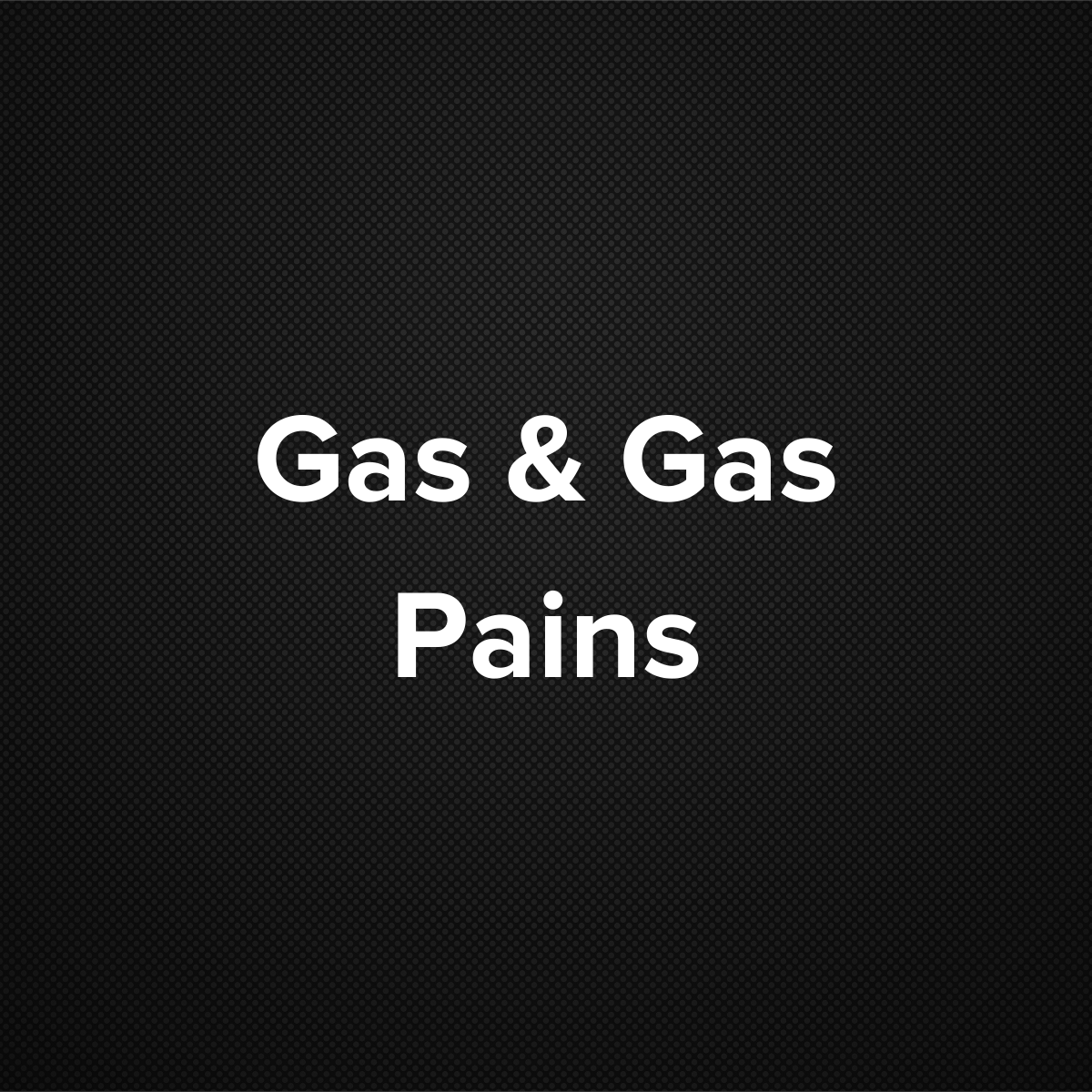Causes and risk factors
Excessive gas in the stomach results due to swallowed air. The common reasons for swallowing large amounts of air [aerophagia] are gulping food or drink too rapidly, anxiety, carbonated beverages, smoking, chewing gum, wearing loose dentures. Drinking too much water in between the meals, or drinking water without touching the mouth to glass also causes gases. It also results if CPAP air pressure is too high [continuous positive airway pressure].”Burping” infants during bottle or breastfeeding is important in order to expel air in the stomach that has been swallowed with the formula or milk. Additional causes include constipation, GORD, irritable bowel syndrome, celiac disease, ascites, partial bowel obstruction. Lactose intolerance, lack of fibre in diet, over eating, eating fat rich foods also cause gas and gas pains.
Clinical presentation
Patient passes gases voluntarily or involuntarily in the form of belching or flatulence. Patient presents with fullness and tightness of the abdomen, abdominal pain, cramps in abdomen, abdominal rumbling. Some patients may complain of pain in back or shoulder, or chest pain. This pain is due to contraction of muscles due the gas pain. Patient feels relieved after passing gas, as the muscles relax.
Investigation
Medical history by the patient and Clinical examination by the doctor helps in diagnosis. Detail abdominal examination is done. USG abdomen may be recommended.
Treatment
Doctor will give an advice such as eat and drink slowly, avoid carbonated drinks and beer, limit chewing gum and hard candy, quit smoking. Regular dental check up to check dentures. Managing heartburn or reflux disease is necessary. Limiting intake of gas forming foods like baked beans, broccoli, cabbage, lettuce. Limiting water drinking during meal will contribute to the treatment. Regular exercise will also help in managing gas and gas pains.
Other Modes of treatment
The other modes of treatment can also be effective in treating gas and gas pains. Homoeopathy is a science which deals with individualization considers a person in a holistic way. This science can be helpful in combating the symptoms. Similarly the ayurvedic system of medicine which uses herbal medicines and synthetic derivates are also found to be effective in treating gas and gas pains.






























